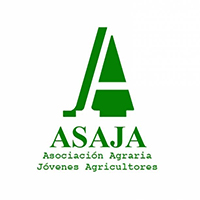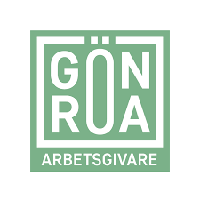
Geopa-Copa is the Employers’ Group of Professional Agricultural Organisations in the European Union.
A Joint Consultative Committee on Social Problems of Agricultural Workers was created in 1963 by the European Commission within the framework of the CAP. The Maastricht agreement on social policy (1992), confirmed by the Treaty of Amsterdam (1997) created a procedure to consult the social partners representing employers and workers at European level and conferred upon them real powers to negotiate collective labour agreements. These provisions (Articles 137 & 138) and have remained unchanged since then and are laid down in the articles 154 & 155 of the Treaty on the Functioning of the European Union (TFEU).
As a consequence:
- Geopa-Copa, Copa’s employers’ group, was created in 1993. Geopa-Copa’s members are the national agricultural organisations that are members of Copa or authorised by Copa to become members of Geopa-Copa, and which are entitled to negotiate collective agreements at national level. The European Commission recognises Geopa-Copa as the body that represents employers in agriculture.
- The Sectoral Social Dialogue Committee for Agriculture was created in 1999 to replace the Joint Consultative Committee. This Committee is made up of Geopa-Copa and EFFAT, the European Federation of Agriculture Unions, which is a member of the European Trade Union Confederation. The committee is led by the European Commission’s Directorate General for Employment, Social Affairs and Inclusion.
Our objectives
- 1 Geopa-Copa is authorised by Copa’s statutes to represent the employers of agricultural workers to the EU authorities and agricultural worker organisations on everything pertaining to the promotion of employers’ specific social interests. Geopa determines its policies during the course meetings and at seminars. It reports periodically to the Copa Praesidium. The Copa Praesidium may only refuse to endorse the decisions made by Geopa-Copa if it goes beyond its specific mandate.
- 2 In accordance with the consultation procedure set up by theTFEU , Geopa transmits to the Commission opinions on proposals for Regulations and Directives governing social policy. Where appropriate Geopa-Copa transmits Impact Assessments prior to any policy proposals .It may also forward to the Commission resolutions adopted jointly with EFFAT.
- 3 In accordance with the negotiation procedure, Geopa has signed three European recommendation agreements with EFFAT: the first, in 1997, on working conditions, the second, in 2002, on vocational training, and the third, in 2005, on the prevention of musculo-skeletal disorders. In 1999, Geopa-Copa also took part in the negotiations conducted by UNICE-Businesseurope to sign an intersectoral agreement on fixed-term contracts. Since December 2011Geopa take part in the negotiations conducted by Businesseurope regarding the Working Time Directive.

.jpg)






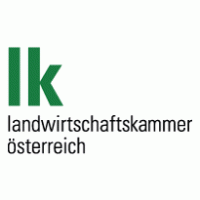

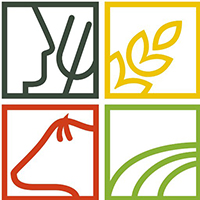
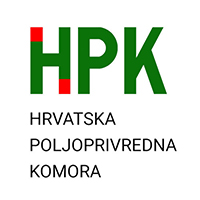
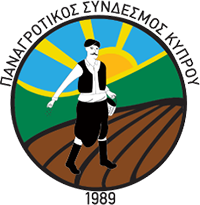
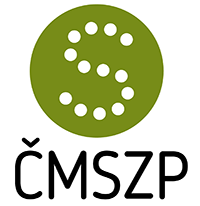
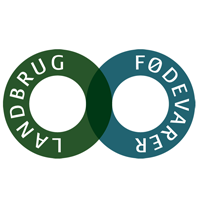
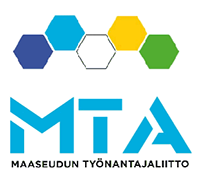

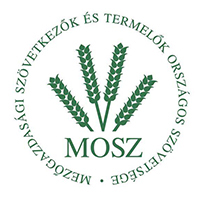
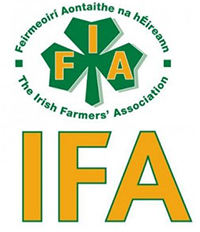
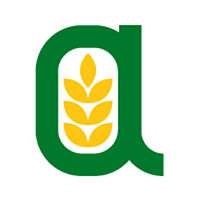

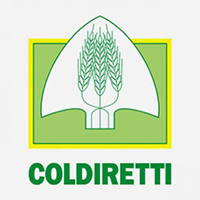

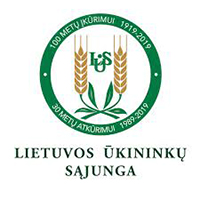

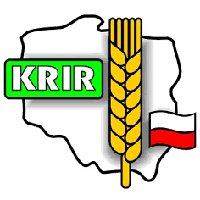
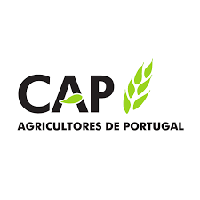
.png)
